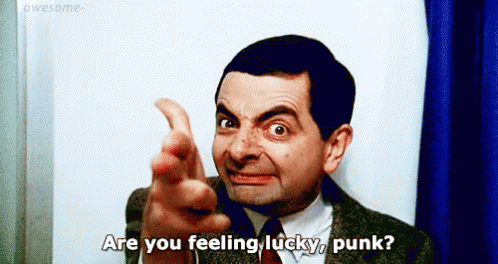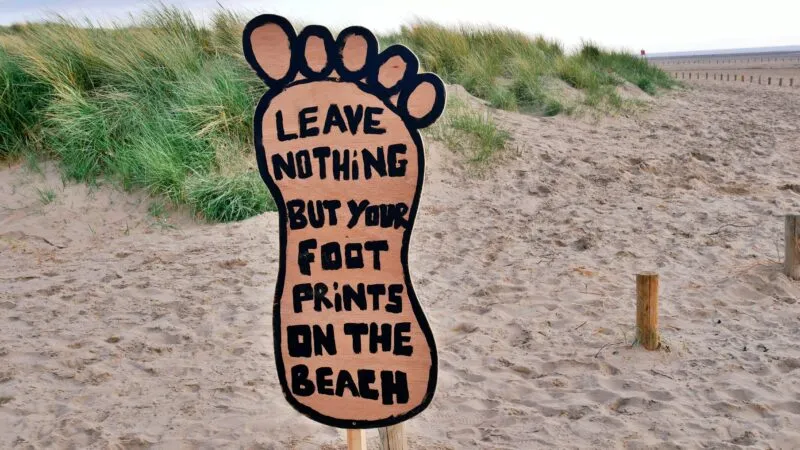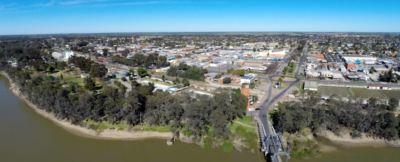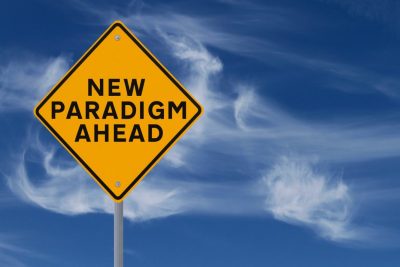Are we the lucky country yet?
(Written (in March 2022) locked in my COVID positive ISO room, thanks family for support, feeding me, almost like room service, otherwise alone, keeping my distance, even from the dog where possible, at least trying, a bit stir crazy, cleaned the wardrobe, not feeling lucky from that chance exposure, at least I have my health … darn it. It has been quite the disruptive week, a pain to be honest, but perspective. Out of iso Tuesday, looking forward to smelling the roses and seeing people, going for a ride, swim, coffees and maybe even a beer with a mate.)
Today I ponder lucky Australia, it’s long but hopefully informative, building on the past few newsletters. First a new film / ad “Tune onto Aus’ by Flight Facilities and Melbourne Symphony Orchestra.
Australia really is the lucky country. Lucky, lucky and getting luckier.
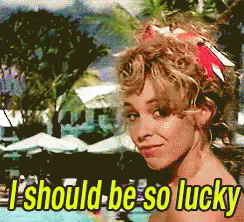
(Thanks Kylie, one of Australia’s biggest exports. Listen to Kylie >)
It may be hard for many Australian leaders to understand the concept of privilege when in many ways our country is like the privileged global rich kid with a lucky, slightly suspicious, mining magnate dad (&/or mum), who failed to think of the next generation, nor reinvest their spoils for a better future. Thank goodness for the likes of Mike Cannon-Brookes, Twiggy Forrest and the new wave of entrepreneurs helping to change the narrative to make us a little bit less fat, lazy and complacent. It’s just surprising we didn’t start sooner.
Never before has geographic isolation on the 6th largest country in the world, with the one of the sparsest population densities, only three people per square km, ever been so cool. The lifestyle this allows is awesome, plus health / financial safety nets amongst world best.
Australia has had 3.8 Million COVID cases (ranked 23rd globally), and 5,622 deaths (ranked around 80th globally). While we have not been immune we’ve managed okay. (More >)
From Square Holes’ research Australia is viewed an increasingly attractive destination for international students, travelers and migrants. A land of opportunities, better work-life balance than much of the world and a bit more “she’ll be right mate“ than prosper or perish as it can be in many other countries. The freedoms to work towards your dreams do not exist to the same extent in many other countries, and freedom to be yourself is typically easier in Australia, from our research interviews with new arrivals. Australia isn’t always completely welcoming of those not fitting the stereo-typical Aussie, but not too bad at all.
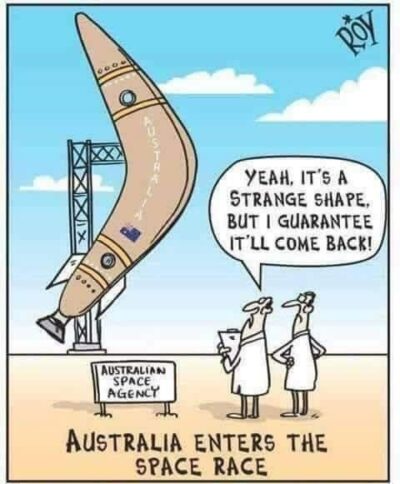
Life’s good in Australia! Yes, we haven’t got it all right, but we’re generally not that far off.
We perform well in quality of life and most livable city ranks, only failing sometimes balancing the (almost) incomparable lifestyle with future economy and job priorities. We have worked hard over the past couple hundred years or so to build a country we can all be proud.
“I’ve always worked very, very hard, and the harder I worked, the luckier I got.” – Alan Bond, successful Australian business, 1978 Australian of the year, America’s Cup winning and convicted legend from 1980s (quote stolen from someone else)
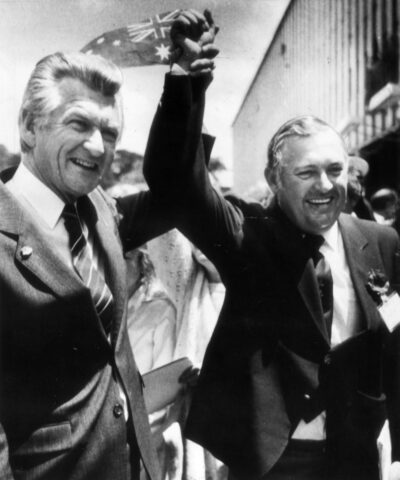
Alan Bond emigrated to Australia with his family from Hammersmith, a district of London, to Freemantle, near Perth, as a12 year old. By aged 18 he’d been arrested for stealing / planning a robbery twice, then went on to have a very bullish business career evolving a sign writing business into a property development company then the diversified Bond Corporation. With many impressive acquisitions from brewing to mining, establishing Bond University and purchasing Channel 9 from Kerry Packer and a controversial ‘purchase’ of Vincent van Gogh’s Irises for a record at the time for piece of art of $54 Million. (More >)
Bond wasn’t the only controversial hyper ambitious Aussie businessman of the 1980’s.
The world’s 3rd largest country China has 149 people per square km (Australia 3 per square km, More >). Australia is 78% of the land size of China and only 2% of the population. China has four cities with population more the 20 million, Australia has an overall population of just over 25 million. China has 20 cities with more than 10 million.
The economies of scale and critical mass of China makes Australia almost insignificant. While BIGGER is often not better, it is worth pondering Australia’s strategic advantages and disadvantages in a world in which such huge populations exist.
Australia’s population is only 3% of the world population, and in many ways we need the world and the economic benefits it provides more than the world needs us. Yet, our relatively small population and enviable lifestyle offer an attractive proposition globally.
South Australia alone has 3% the population of France living on 153% of the land size, a state producing 80% of Australia’s premium wine in easily accessible world class regions – Barossa, Adelaide Hills, McLaren Vale etc – only a short drive from the State’s capital city Adelaide (population only 1.3 Million), a City exploding with arts and other festivals.
Size can be a benefit or weakness, even an illusion.
What’s truly amazing about Australia and it’s somewhat tiny population on a HUMONGOUS piece of land is we are also economically strong. Very lucky, lucky indeed.
Australia is ranked 13th globally with a Gross Domestic Product of $1.6 Trillion USD. Australia’s GDP per capita of $57,211 USD ranks even better at 11th globally, just behind the following six economic powerhouses we should be proud to be in the same conversation – United States ($66,144 USD), Denmark ($63,546 USD), Singapore ($62,113 USD), Iceland ($58,371 USD), Netherlands ($58,029 USD) and Sweden ($57,660 USD)
(More >)
Australia’s top exports are Iron Ore and Coal Briquettes, and an enviable trade surplus (exporting more than we import) predominately from mining – Iron Ore, Coal, Petroleum Gas, Gold and Aluminium, with leading export markets China ($111Billion), Japan ($41Billion), South Korea ($18Billion), India ($15Billion) and the United Kingdom ($11Billion). (More >) We should be very proud, of the luck from our golden soils.
The comparative countries noted above all tend to have a greater prominence of ‘value-added’ exports from cars to medicine, whereas Australia often re-imports value-added iterations of raw exports from steel to refined petroleum et cetera.
In many ways Australia is lucky to have the natural resources to live such a rich life, and to have the support of culturally diverse trading partners from China, India and beyond.
There would seem massive opportunities to embrace multiculturalism in our local workforce as a powerhouse to export and economic prosperity. Much like the pioneering early days of mining and the gold rushes from 1851, attracting large volumes of ‘digger’ immigrants from Britain, United States, Germany, Poland,and China was critical. Multiculturalism is a big part of Australia’s history and will play a critical role moving forward.
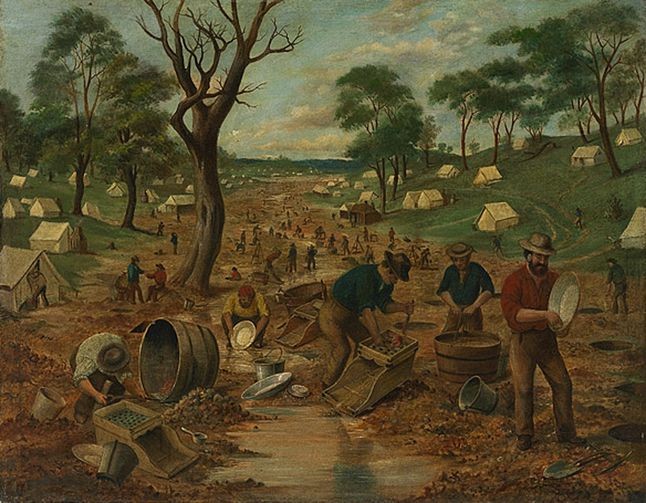
The very Australian term of endearment ‘mate’ (e.g. “g’day mate”) came from the concept of mateship fostered in gold rushes, and goes back to our convict routes and more recently the diggers of wartime Anzacs and beyond. Historian Russle Ward noted mateship as …
“A convict-derived ethos of matey anti-authoritarianism embedded itself in the Australian psyche from the beginning.”
At it’s core mateship is a fundamental value of Australians, representing loyalty and equality, and feelings of solidarity and fraternity that Australians are typically alleged to exhibit. (More >)
Australia’s historic identity comes from hard work and risk taking to build a better future. “Wealth for toil” and seeking opportunities, taking a punt or a gamble. Our history informs who we are today, the mateship and even our love of a gamble more than anywhere globally. Going back to our early settlers seeking and working new land was a clear risk, a gamble.
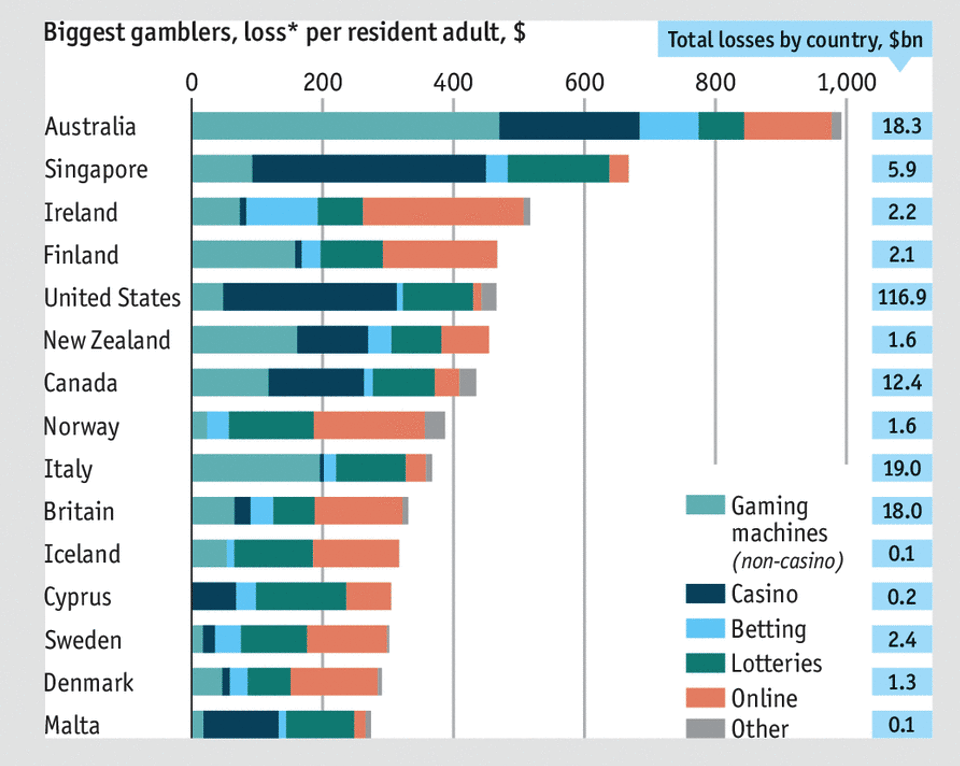
Australia’s early settlers claimed the land terra nullius, a term meaning ‘noboddy’s land.’ Aboriginal people inhabited the land for 50,000 years prior. An outcome of terra nullius was around 150 reported massacres of indigenous Australians by European settlers, and the impact of disease and other factors had a decimating impact on the First Nation population. The last reported massacre of indigenous Australians was in 1930. The right to vote in Federal elections came in 1962, and the last State to allow Aboriginal people to vote was Queensland in 1965 (around 38%, of Australia’s First Nation population).
The stolen generation remained into the 1970’s.
History is history, but if we don’t recognise it, learn from it, progress is hard.
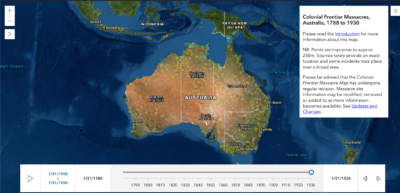
From 1971 court cases disputing terra nullius failed to accept native rights, and it wasn’t until 1992, after 10 years of Queensland Supreme Court and the High Court of Australia, the latter court found in Mabo v Queensland (No 2) (“the Mabo case”) that the Mer people had owned their land prior to annexation by the colony of Queensland (1872–1879).
It wasn’t until 2008 that Prime Minister Kevin Rudd said ‘sorry,’ for Australia’s poor history of settlement in Australia and impact on the native population.
In recent research we conducted about education in schools about First Nation history, most teacher respondents were lacking in historical understanding and empathy. While they acknowledged progress was being made in recent years, there was often awkwardness around accepting and fears communicating the complex history respectfully.
Fear and awkwardness is often the major obstacle across our research in dealing with complex issues needing to be addressed to move forward, be these related to Aboriginal history, welcoming different cultures to our country and wider diversity or complex discussions. Australia is, or should be, a fundamentally safe place to speak openly on such subjects, so fear and awkwardness is a poor excuse for slow to no action.
Fear and awkwardness also comes in when we talk about shifting our economic base or moving old businesses in new directions. In some ways it is easy to understand why conservative politicians are somewhat protective of our traditional reliance on resources from our soil, and preferring to keep riding this gravy train as long as possible – toot, toot!
It is difficult to understand why Australia didn’t invest better in creating new sectors, value adding and innovation towards new industries, sooner, building on the lucky land.
Australia ranks relatively low on global innovation lists, ranking 25th on the 2021 Global Innovation Index, down on previous years, particularly given our historic economic prosperity (ranking lowest of 24 ‘high-income group’ countries, behind Czech Republic, More >).
The new wave of cashed up entrepreneurs such as Mike Cannon-Brookes and Twiggy Forrest are taking their “wealth for toil” and driving discussions to steer Australia in a new direction, quicker than we have done historically. New narratives being created, and hopefully this is just the beginning of a new era.
Add to this a growing start-up ecosystem in Australia seeking new future focused growth businesses. The narrative is shifting with new opportunities, networks and defaults being set. Events such as SouthStart provide a lighthouse to budding entrepreneurs, and there is now a well developed support structure and development pathway to follow in Australia.
New defaults and role models shifting the narrative. A list of future focused entreprises launching from Australia and experiencing strong growth globally – Atlassian, Canva, Afterpay and a growing list of others (More >)
In many ways from Square Holes’ research Australia is still very much a ‘get a job’ rather than ‘create a job’ / ‘build a business’ culture, yet deep in our identity is that risk taking pioneer, willing to work hard to create luck, anti-authoritarian, mateship ethos, much like the gold rush days. Many Australians, young and old, have low awareness of emerging sectors.
The Lucky Country was first used to describe Australia by Donald Horne in his 1964 book of the same name. In the closing chapter of his popular cultural observation, Horne noted …
“Australia is a lucky country run mainly by second rate people who share its luck. It lives on other people’s ideas, and, although its ordinary people are adaptable, most of its leaders (in all fields) so lack curiosity about the events that surround them that they are often taken by surprise.”
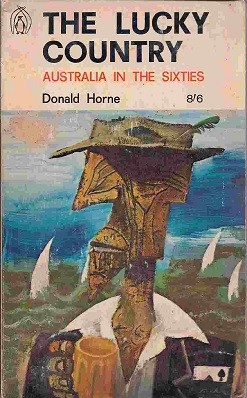
It seems the narrative of Australia is evolving, albeit relatively slow, and by no means universally across business and government. There are many leaders still preferring to be anchored back in the old fearful, awkward and privileged Australia most of the populous would like to move on from. To take the pride we have as Australians, but move forward culturally aware and confident as global citizens taking advantage of our economic luck.
From Square Holes’ extensive research around multiculturalism (and interculturalism) in Australia, diversity is viewed as Australia’s underlying true identity, and there is value in acknowledging this culturally and to drive new perspectives and innovation.

Young Australians have a stronger sense of pride and confidence in being Australian than older age groups, as well as being more likely to view themselves as global citizens and part of a wider world. New generations are less limited in their view of ‘the world’ than older Australian segments. The Internet and greater exposure to the world than prior generations has changed their mindset, created new benchmarks, and is slowly shifting the narrative.
Australia is seeing a new narrative emerging that is encouraging young people, and not so young, to view themselves as global citizens, and fuel for pondering opportunities for our country in the new world. Australia exporting value-added products and services to the world. A new generation hopefully less subjected to the tall poppy syndrome, productively taking risks, with new defaults set by role models, new frontiers of their own.
Open conversations of Australia’s sometimes dubious history, and opportunities moving forward, from treatment and respect of our First Nations, to welcoming diverse cultures and new perspectives. Being open to a new narrative and opportunities beyond lucky privilege.
